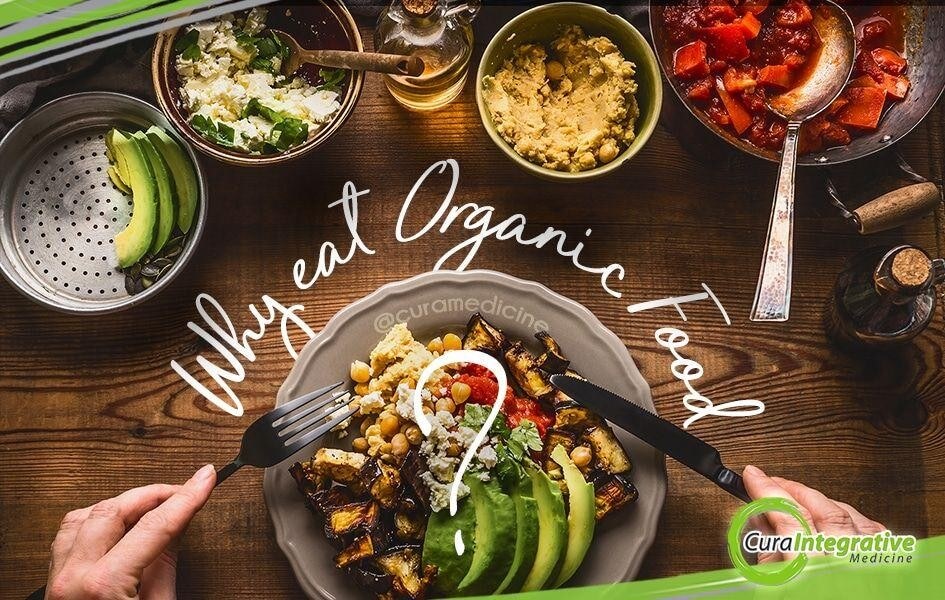Koji is a less known superfood found in a variety of macrobiotic foods. Containing Aspergillus oryzae, koji is used to make foods such as miso, amazaki and tamari. Read More…

Why Eat Organic Food?
Posted 24 Apr '18
You may see the word “organic” in some food packaging more commonly now that it has become a marketing magnet. But don’t believe everything that you see inside the grocery aisle. Most manufacturers use trick words to get you to think that the junk food that you are buying is healthy when it is still the same junk food before they decided to add the word “organic” in their labels. So, you must be wondering, how do you identify which ones are the healthy organics and which ones are just organic junk?
Organic agriculture involves growing plants without the use of synthetic fertilisers or chemical pesticides and antibiotics. The plants produced are then free from chemical residues, and therefore reduces the load the liver when consumed, and limits oxidative stress.
Don’t be easily fooled by labels on food packaging though. Having an organic ingredient doesn’t mean that food is healthy. Food manufacturers have found a way to produce the same junk food, except with some ingredients being organic. Examples are organic raw cane sugar, which is just the same as regular sugar. It’s all glucose and fructose and very little nutrient amounts. These companies just love to add words that will make you think that what you are buying from them is healthy.
Organic foods are more nutritionally complete
Organic foods are generally 20 to 40% healthier. How? Organic produce and conventionally-grown plants may have almost the same vitamins and minerals, but those that are organically grown have more nontraditional nutrients such as polyphenol antioxidants and trace elements. One reason is that synthetic nitrogen fertilizers (like simple NPK) are more focused to growth, than in defense.
Safety in Organic Food
Crops that were are exposed to synthetic fertilisers and chemicals have been found to have high levels of cadmium, mercury and lead. However, exposure to pesticides cannot be eliminated entirely. Some organic foods may have been exposed by accidental or fraudulent means. Farms may have been cross-contaminated by neighboring fields that are non-organic, or the presence of pollutants in soil, such as DDT. Organic foods just have less exposure to pesticides.
Other Organic Food
Organic standards require that animals in farms are not to be fed, or injected, with steroids and antibiotics. This means a healthier and happier animal which also reduces the negative health effect on your body.





